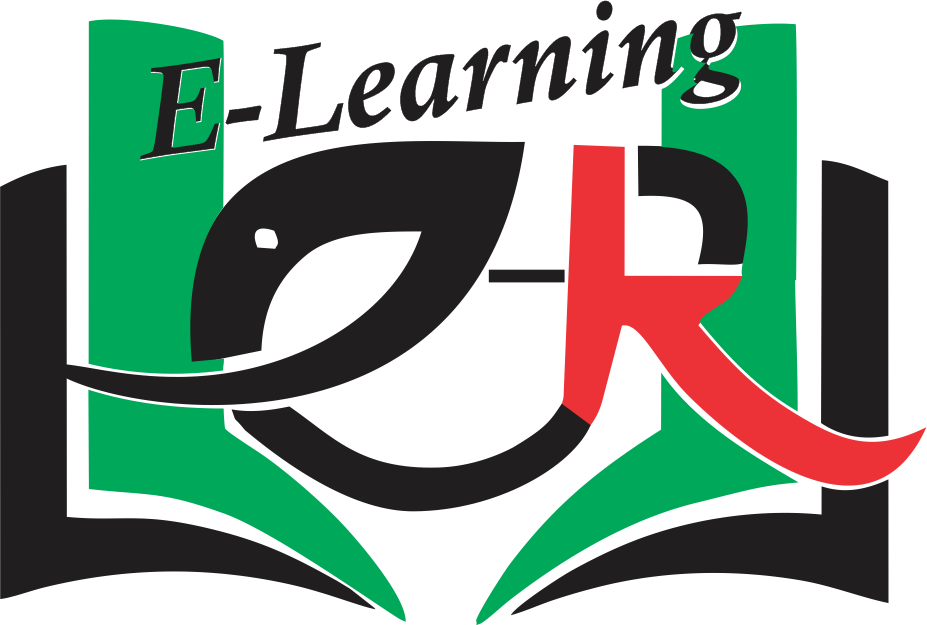 Schools are places or institutions where people get to upgrade their knowledge and skills. Kenyan schools work with a system known as Competency-Based Curriculum (CBC). The CBC under the 2-6-3-3 system of education in Kenya was unveiled in 2017 to replace the 8-4-4 system of education, which has served Kenya for 32 years. The introduction of 2-6-3-3 has received a lot of attention. It provides an opportunity for us to reflect on the end of an Era in Kenya’s Education where ranking and cutthroat completion has been at the center of the sector.
Schools are places or institutions where people get to upgrade their knowledge and skills. Kenyan schools work with a system known as Competency-Based Curriculum (CBC). The CBC under the 2-6-3-3 system of education in Kenya was unveiled in 2017 to replace the 8-4-4 system of education, which has served Kenya for 32 years. The introduction of 2-6-3-3 has received a lot of attention. It provides an opportunity for us to reflect on the end of an Era in Kenya’s Education where ranking and cutthroat completion has been at the center of the sector.
Taxation of educational institutions is contained in the 1st schedule of the income tax Act cap 470 under paragraph 10. It explains that income from any learning institution regardless of online or virtual,Or a body that purposes to relieve poverty or advancement of education will be deemed to be exempt. The institution has to be in Kenya or has regional headquarters in Kenya. However, any gains or profits from these institutions are not tax-exempt unless they are gains or profits for educational purposes. For instance, gain from rent from land leasing or any other business that an educational institute carries out is taxable. Professional fees are taxed at 5%for residents and 20% for non-resident for both government and non-government institutions.
Educational institutions can either be:
Government education institutions.
This institution consists of public and Harambee schools. Government institutions are institutions that are fully funded, controlled, and owned by the national government. These institutions offer free primary and secondary education and are fully exempt as long as they are not profit-oriented. They include public schools and universities. Any incomes received by these institutions for learning and not profit-making are exempt.
Non-government education institutions.
Non-government education institutions are institutions owned by either an organization or an individual and fully funded by payment of school fees by the learners. Such institution includes the private schools which are the biggest taxpayers in this sector.
Taxation
Income from these institutions is taxable like any other business. Similarly, exemption of income from this particular institution will solely depend on the total annual income of the institution. The taxes will depend on the total annual income of a particular institution. This particular type of institution is supposed to deduct PAYE from salaries and wages above ksh.24000 at the prevailing rates and submit it to KRA on or before 9th of the following month failure to which a penalty, if 25% of the tax payable or 10000, whichever is high, will be given as a punishment.
Conclusion
Any income from government education institutions is exempt unless these institutions derive incomes from a business. Besides, services provided to the schools are also exempt. However, services from professional and consultancy services are taxable. The institution withholds tax at 5% for residents and 20% for non-resident persons—nonetheless, the Kenya Revenue Authority taxes income from non-governmental education institutions.
A Kenya school of revenue administration graduate (tax administration nd certificate in customs and freight logistics) and a professional accountant, experienced consultant with a history in the business field and freelancing .skilled in taxation, accounting, secretarial, and writing

